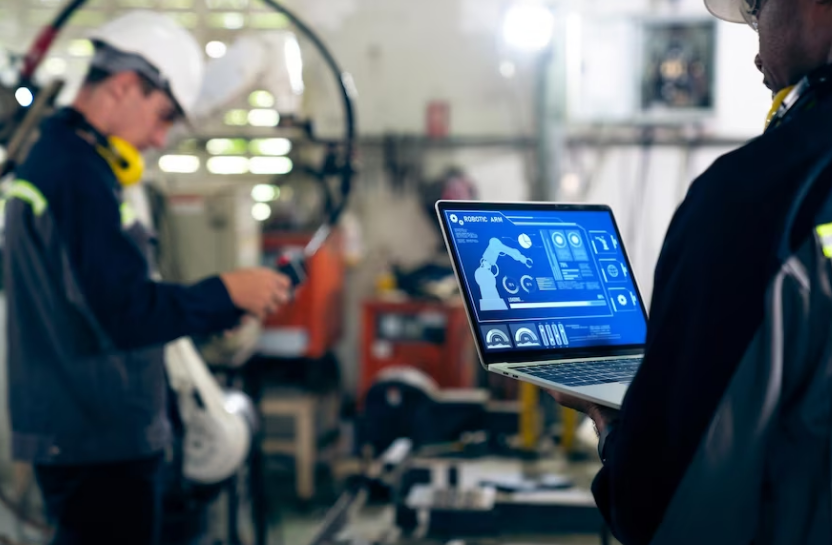The digital transformation of the industrial sector has been nothing short of revolutionary. Programmable Logic Controllers (PLCs) are at the heart of this transformation, the workhorses that drive automation in manufacturing processes. But as industries embrace an increasingly interconnected world, the need for secure, transparent, and immutable data logging becomes paramount. Enter blockchain technology. The fusion of PLCs with blockchain promises to usher in an era of tamper-proof data logging and enhanced secure automation, setting new standards for manufacturing globally.
Understanding the Power of Blockchain
Blockchain, often associated with cryptocurrencies like Bitcoin, is essentially a distributed ledger or database. It consists of a chain of blocks, each containing a record of transactions. Once a block is added to the chain, it’s nearly impossible to alter, ensuring data integrity. This immutability and decentralized nature make blockchain an attractive solution for various applications beyond just digital currencies.
Tamper-proof Data Logging: The Need of the Hour
Manufacturing processes generate a plethora of data points: from machine operations and temperatures to production rates and quality checks. Ensuring the integrity and authenticity of this data is crucial for multiple reasons:
- Quality Assurance: Authentic data is pivotal for verifying product quality and ensuring adherence to standards.
- Regulatory Compliance: Many industries are bound by strict regulatory requirements, necessitating accurate and tamper-proof data logging.
- Operational Efficiency: Real-time and historical data analysis can yield insights into process optimization. But this is effective only if the data is genuine.
By integrating PLCs with blockchain, every data point generated can be recorded on the blockchain. This ensures that the data cannot be altered once logged, providing a transparent and immutable record of all manufacturing processes.
Secure Automation: Safeguarding Processes
The interconnected nature of modern manufacturing setups, often termed as the Industrial Internet of Things (IIoT), offers numerous advantages, from real-time monitoring to remote operations. However, it also presents security challenges. A breach in one connected device could compromise the entire system.
Blockchain, with its decentralized architecture, offers a solution. By integrating PLC-driven processes with blockchain:
- Enhanced Security: Transactions on a blockchain are encrypted, making it highly resistant to malicious attacks. Even if one block or data point is targeted, the decentralized nature ensures the system remains uncompromised.
- Smart Contracts: These are self-executing contracts where the terms are written into code. PLCs can be programmed to execute processes when certain conditions in the smart contract are met, ensuring automation is not just secure but also adheres to predetermined standards.
- Traceability: Blockchain provides a transparent and unalterable record for industries where product provenance is critical. Every step can be logged and traced from raw material sourcing to the finished product.
The Path Forward
The integration of PLCs and blockchain is still nascent, but the potential is undeniable. As industries grapple with the dual challenges of increasing digitization and the consequent security threats, this fusion offers a beacon of hope.
In a world where data is the new oil, ensuring its authenticity and security is paramount. Fusing PLCs with blockchain doesn’t just offer a solution; it promises a paradigm shift. From tamper-proof data logging that ensures transparency and trust to secure automation that safeguards critical processes, the future of manufacturing is poised to be not just smarter but also more secure and transparent.
In conclusion, as we stand on the cusp of the Fourth Industrial Revolution, the fusion of Programmable Logic Controllers with blockchain technology offers a roadmap. A roadmap where manufacturing processes are not just efficient and automated but also transparent, trustworthy, and secure. Embracing this fusion is not just about staying ahead; it’s about redefining the very foundations of industrial operations.





